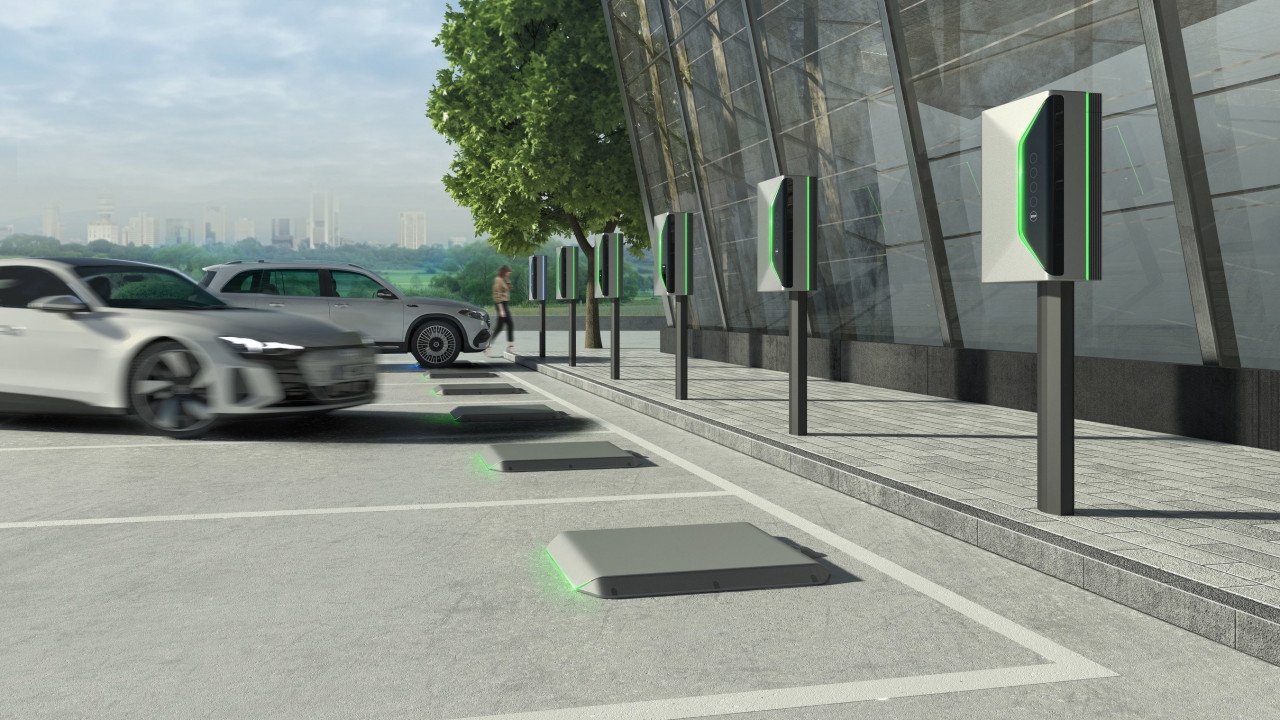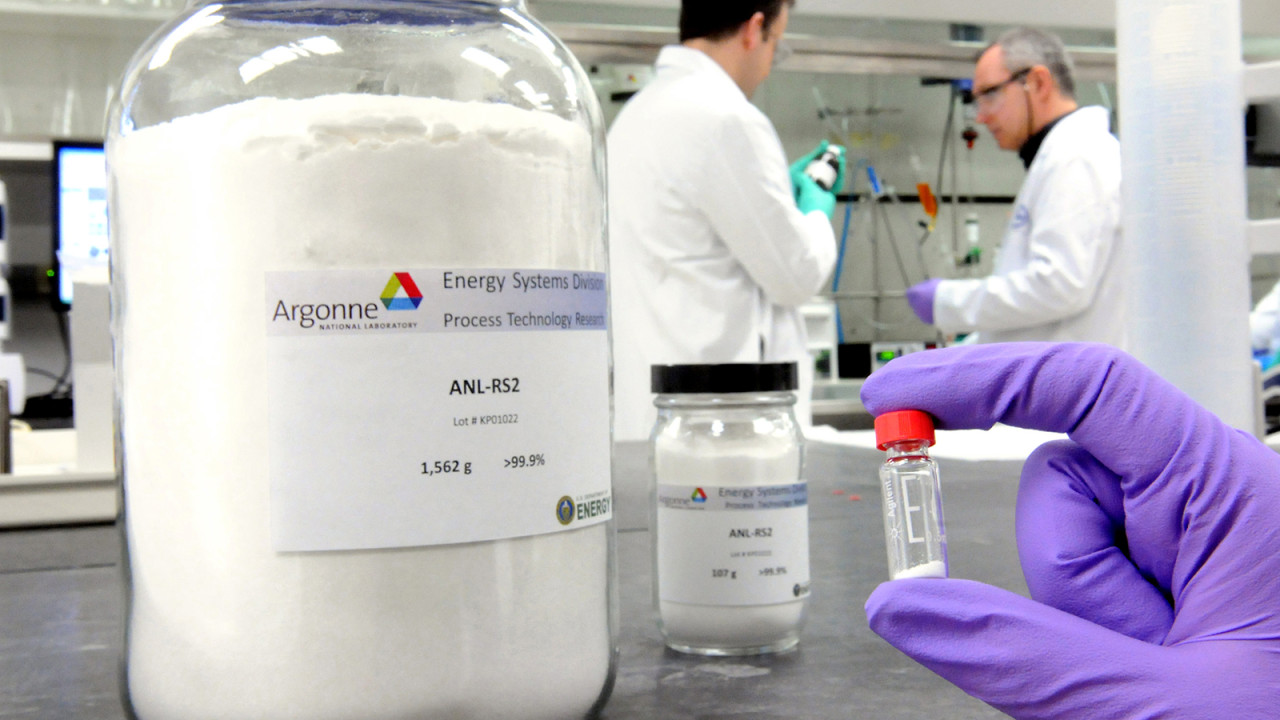Siemens invests $25 million in WiTricity, advance wireless EVC tech firm
Siemens has announced that it has invested $25 million and acquired a minority stake in U.S.-based WiTricity, a wireless charging technology company. Siemens and WiTricity will work together to drive innovation in the emerging market for wireless EV charging. This market is expected to reach $2 billion by 2028 in Europe and North America alone, according to Siemens' calculations. The two companies seek to bridge the gaps in the global standardization of wireless charging for electric passenger and light-duty commercial vehicles, to enable interoperability between vehicles and infrastructure, as well as support market penetration. In addition, both parties will collaborate to advance the technical development of wireless charging systems.
"Combining Siemens' global footprint and EV charging portfolio with WiTricity's innovative technology is the first step towards elevating our offering in the wireless charging space. This will speed up deployment of wireless charging technology, support standardization, and advance public charging infrastructure with interoperable solutions for drivers' convenience," said Markus Mildner, CEO of Siemens eMobility.
Siemens will also become a technology license partner, benefitting from WiTricity's deep know-how and decade-long collaboration with global automotive OEMs to develop proven, field-tested, interoperable wireless charging solutions.
Innovative and proven technology
A charging pad mounted on or on the ground exchanges power with a receiving coil attached to the underside of the EV. There are no moving parts or physical connectors. Instead, a magnetic field transfers energy between the charging pad and the vehicle coil when the vehicle is over the charging pad. The system uses resonant induction between the charger and receiver to provide high efficiency at a variety of ground clearances, from low-slung sports cars to SUVs.
Cost-effective, global availability, addressing customer demands
The ultimate goal of the collaboration is to accelerate the maturing of wireless charging technologies together with OEMs and infrastructure partners to simultaneously ensure their cost-effective availability worldwide. A recent survey of more than 1,000 current and future EV owners interested in purchasing an EV in the next two years indicated that wireless charging was one of the highest-rated add- ons and a more preferred option to other amenities, including park-assist, performance, or premium audio packages.
"Wireless charging enables a driver to just park and walk away, returning to a charged vehicle. Wireless charging makes EVs more appealing for individual owners and more cost-effective for commercial operators. We are excited to partner with a leader like Siemens to help drive this new world of compelling solutions," said Alex Gruzen, CEO of WiTricity.
"Siemens and WiTricity share the goal of improving EV ownership and fleet management with the matchless simplicity and reliability of wireless charging".
Eliminating autonomous vehicle friction points
For autonomous vehicles to fulfill their promise key friction points will need to be removed, such as charging, which today still requires human intervention. Wireless power transfer will be the key technology to enable contactless automatic charging with the least maintenance requirements and pave the way to an all-electric, fully autonomous mobility future.



















